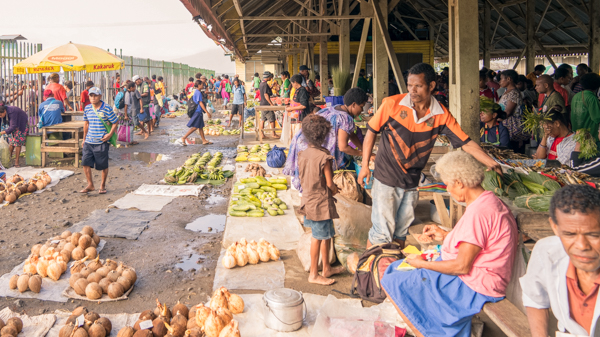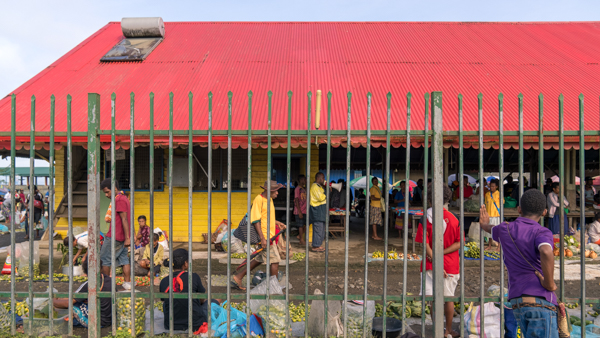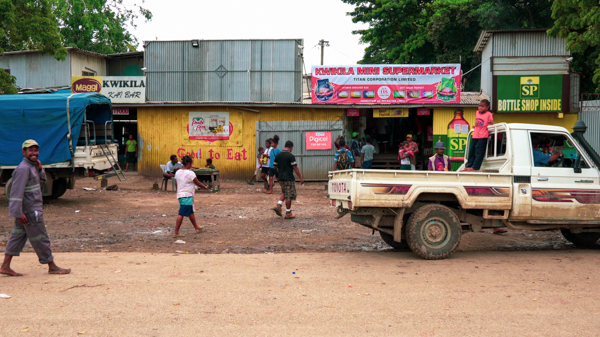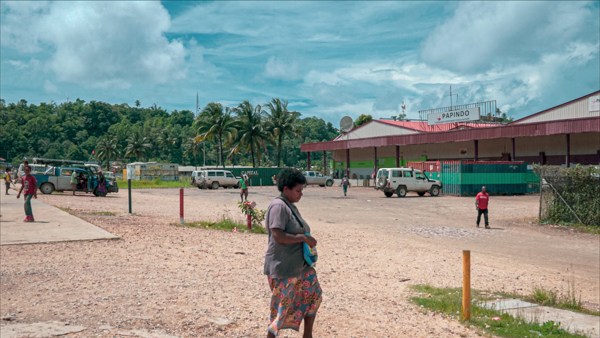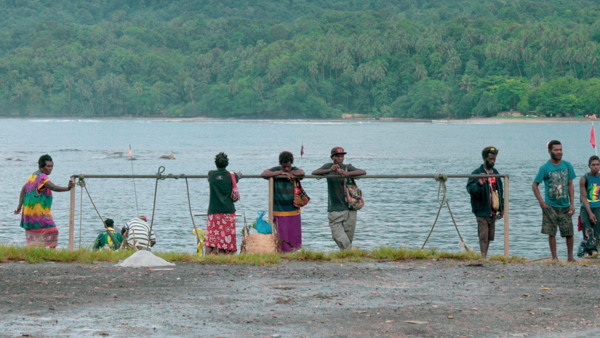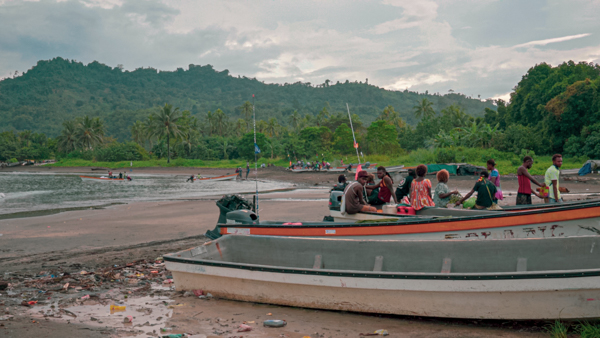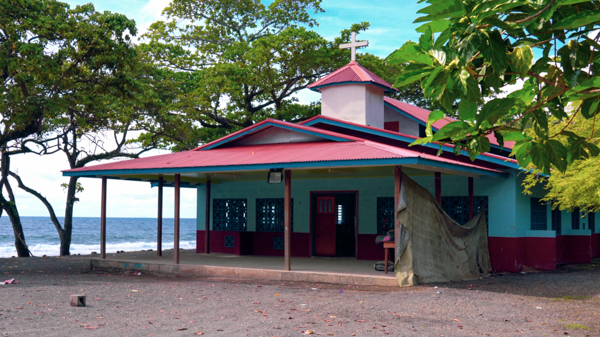Project
Policy Analysis for PNG’s Global Climate Fund Readiness Project
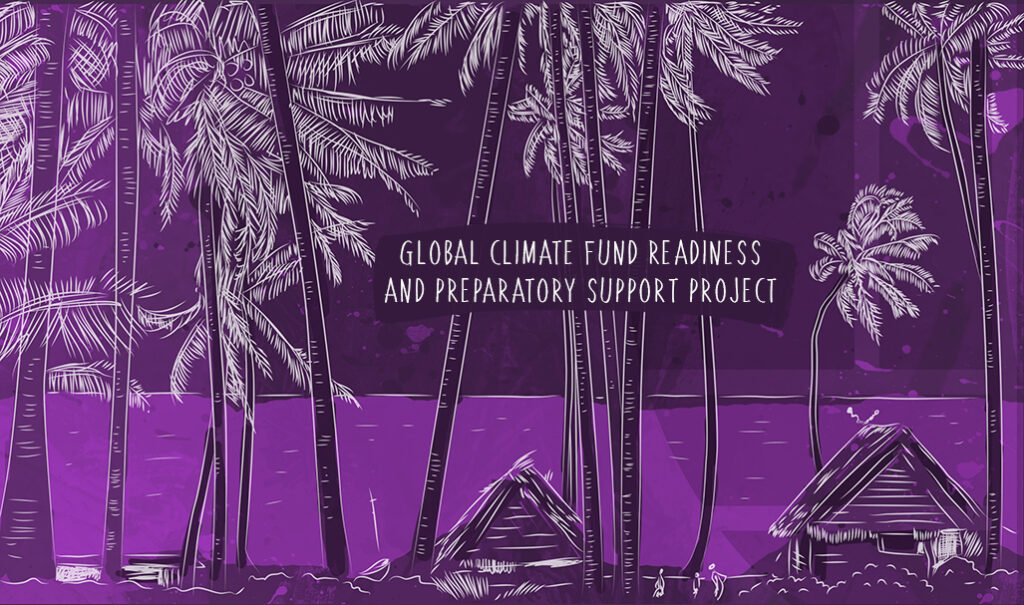
Papua New Guinea (PNG) has been classified as the 10th most likely country to be affected by climate change. With its substantial rainforest and biodiversity assets, and its status as the largest Pacific island nation, PNG has committed to the United Nations Framework Convention on Climate Change, the Kyoto Protocol, and the Paris Agreement—all important agreements for driving global action and financing for climate change.
At a national level, PNG has taken the important step of establishing the Climate Change Management Act and the Climate Change and Development Authority (CCDA). The country’s existing higher order policies also provide a strong entry point for climate change with clear references to international charters and guidelines, and statements that give guidance on how agencies and stakeholders in PNG should plan and implement activities on the ground. Despite this, PNG has not yet accessed significant funding for climate change from the Green Climate Fund (GCF) or other funding institutions.
Working together, Square Circle and Tanorama, an indigenous development consultancy from PNG, produced a stakeholder and policy analysis report to inform the development of GCF arrangements in PNG.
The analysis was informed through an integrated approach that included consultations with stakeholders at both the national and sub-national levels; a survey of key national-level and sectoral stakeholders, especially in relation to their policy and plans around climate change; results from a series of four regional stakeholder consultation workshops, including a survey of the provincial administration and CSO participants; and a desk review of existing policies, strategies and plans both at a national level and at an agency level.
Acknowledging the range of policy and capacity challenges involved in establishing the GCF in PNG, our report outlines a range of opportunities to mainstream climate change in PNG’s development planning process. The report is now informing the design of awareness and training programs aimed at promoting the uptake of GCF funding opportunities in PNG, including the gender guidelines that are under development. The report is also serving as a reference point for PNG’s CCDA as it carries out its leadership. It also serves as a reference point for PNG’s CCDA as it carries out its leadership, planning and coordination functions.



